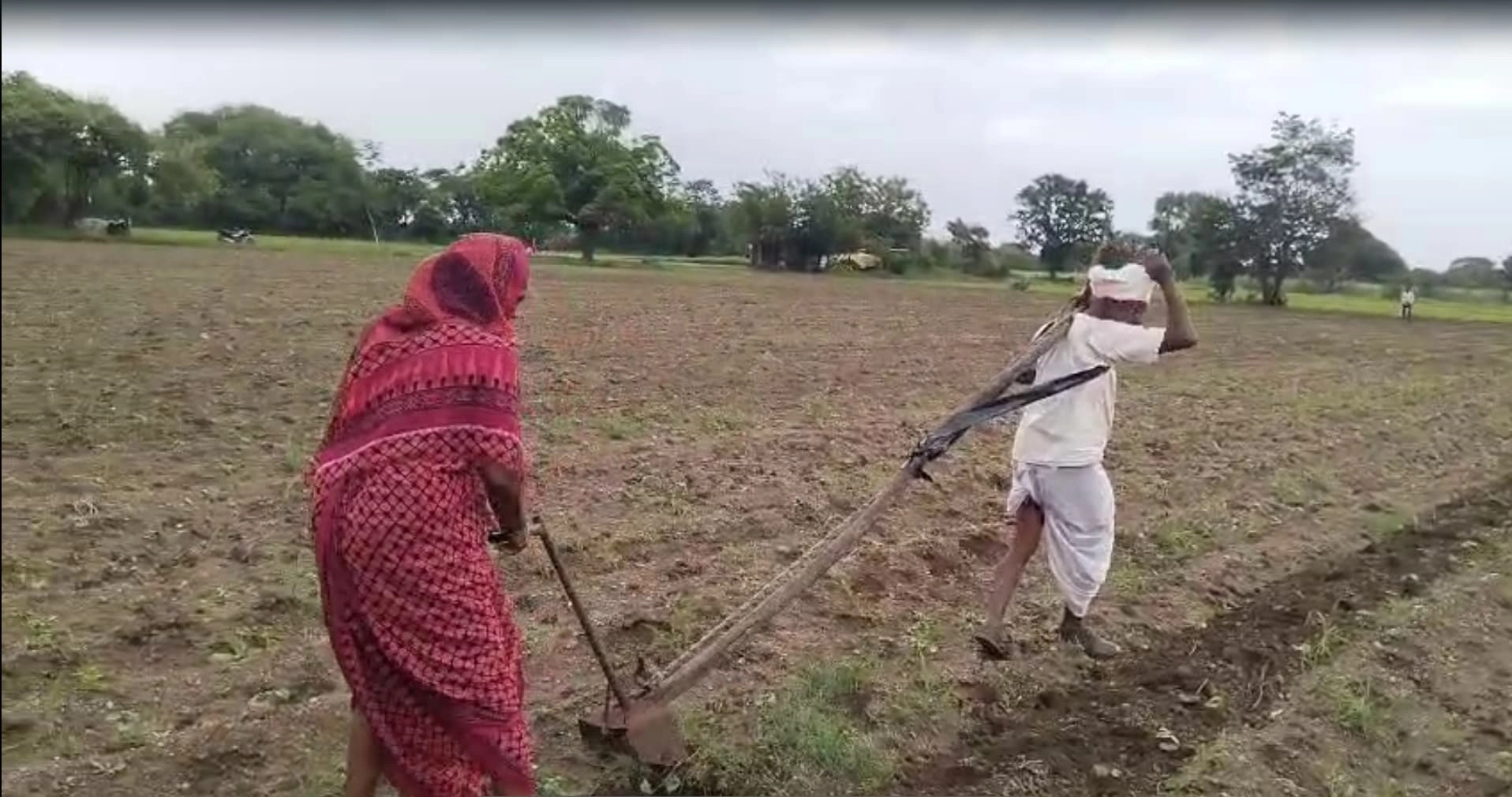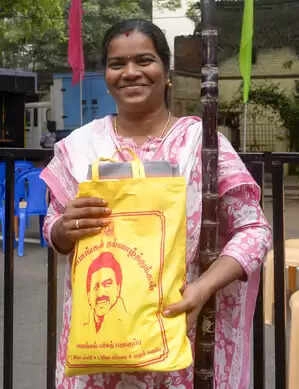In rural communities where agriculture is the lifeblood of the economy, the challenges faced by farmers can be daunting, especially for the elderly. An elderly couple, deeply rooted in the traditions of farming, find themselves in a precarious situation. Lacking the financial resources to acquire essential farming equipment such as oxen or a tractor, they are left with no choice but to till their land by hand. This labor-intensive method, while steeped in history and culture, is increasingly becoming impractical in a world that demands efficiency and productivity.
As the couple toils under the sun, they are not merely battling the physical exhaustion of manual labor; they are also confronted with the harsh realities of a changing agricultural landscape. The absence of modern tools restricts their ability to cultivate their crops effectively, limiting both their yield and their economic potential. This struggle is emblematic of a broader issue faced by many small-scale farmers who find themselves caught in a cycle of poverty, unable to invest in the very resources that could enhance their livelihoods.
The couple’s determination to continue farming despite their hardships speaks volumes about their resilience and commitment to their way of life. However, it also highlights the urgent need for support systems that can provide financial assistance and access to modern farming technologies. Without such support, the future of small-scale farming remains uncertain, threatening not only the livelihoods of individuals like this couple but also the food security of the communities they serve. As they plow their fields with little more than hope and hard work, it is a poignant reminder of the disparities that exist within the agricultural sector, where access to resources can dictate success or failure.




